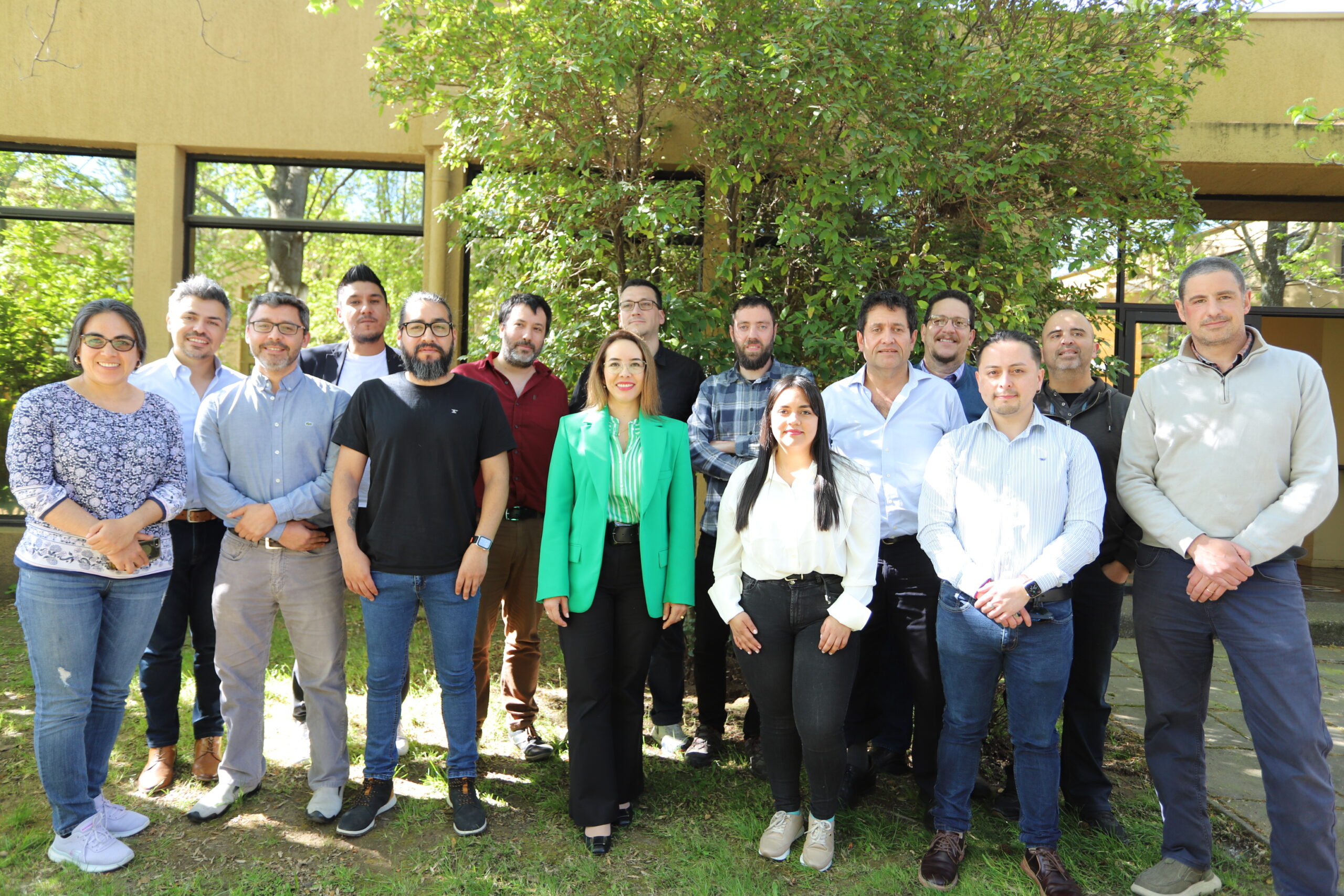
A prominent group of national academics presented research analyzing the impact of economic policies on regions in an event organized by the Doctorate in Economics of UTalca and the Milenio MIPP Institute.
Analyzing and discussing the impact of public and economic policies from a local perspective marked the focus of the workshop on regional economics entitled, “Workshop on Regional Economics MIPP & FEN-UTalca”, organized by the Doctorate in Economics of the UTalca and the Institute Milenio MIPP, and which brought together national researchers at the University of Talca.
“Public and economic policies are often analyzed at the national level, and it is thought that they have a homogeneous impact on the territory, but this is not the case. In each region and even each municipality, public policies have a very heterogeneous impact that depends on the characteristics of these places and the way in which resources are distributed through these places,” explained Dany Jaimovich, FEN-UTalca academic and researcher from the MIPP Millennium Institute.
“In a country as centralized as Chile, most research and analysis focus on Santiago. We, as universities of regions, have the role of investigating heterogeneity. To understand what happens, both from a theoretical point of view and from data analysis, with public policies in different parts of the territory,” Jaimovich added.
The workshop had two days of activity, starting on Thursday, October 12, and ending on Friday, October 13, and was attended by MIPP researchers Dany Jaimovich, Alejandro Corvalán, and Andrea Canales, who presented various works.
In addition, the workshop brought together researchers from the Universidad Católica del Norte, Universidad de Concepción, Universidad de O’Higgins, Pontifical Universidad Católica de Valparaíso, Universidad de Chile, and Universidad de Talca.
Regarding the relevance of the link between researchers from regions, Alejandro Corvalán, principal researcher and alternate director of the Milenio Institute MIPP, assured that “at the Milenio Institute we are interested in building bridges with regional economists, in the sense that they do regional economics and who live in regions. In Chile, political advocacy operates from Santiago and that is why creating these groups can have greater repercussions than working separately.”
For her part, Andrea Canales, MIPP researcher and academic at the University of O’Higgins, expressed that, “it is very important to know the research we do in Chile, especially at the regional level and precisely in regional universities, which are oriented to improve the impact of the societies that surround us and in which we are inserted.”
Finally, Jaimovich, who was the main academic who organized this workshop, emphasized that “it is crucial to be able to carry out high-level scientific activities such as the Regional Economy workshop. In particular, this workshop allowed us to bring researchers from different parts of the country, which allows us to generate networks and gives students the opportunity to participate in interesting presentations,” he concluded.
Here you can see some photographs of what this “Workshop on Regional Economics MIPP & FEN-UTalca” was.
MIPP Chile 2025